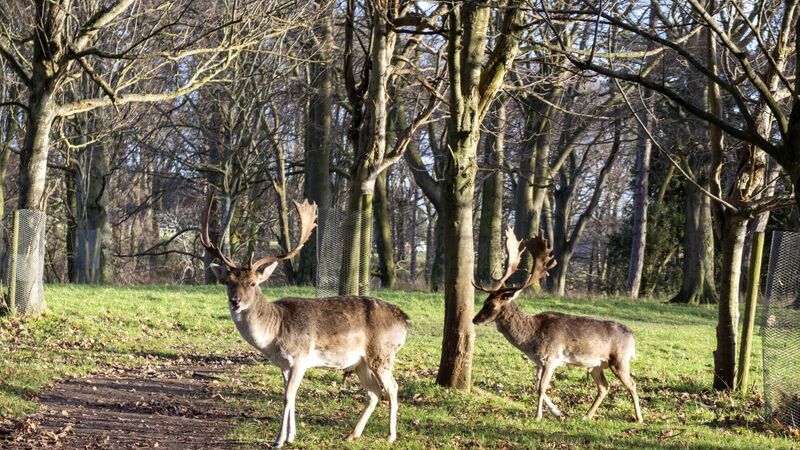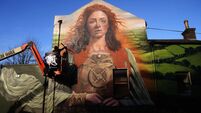Maeve Higgins: Ancient Irish understood interconnectivity of life and land

The World Wildlife Fund just reported that most major animal groups have declined by an average of 69% in the last half-century, and that’s been caused by the way we treat the land.















